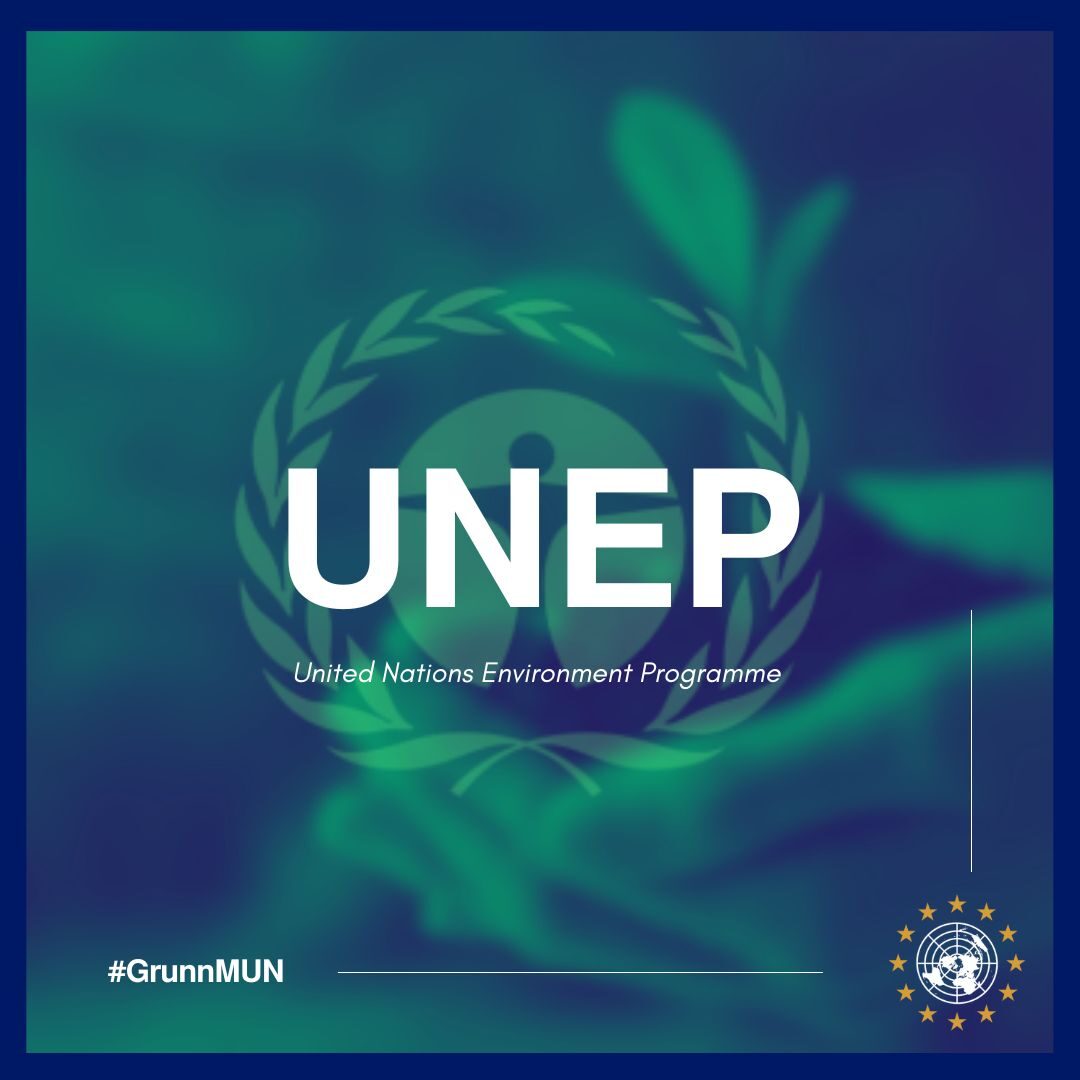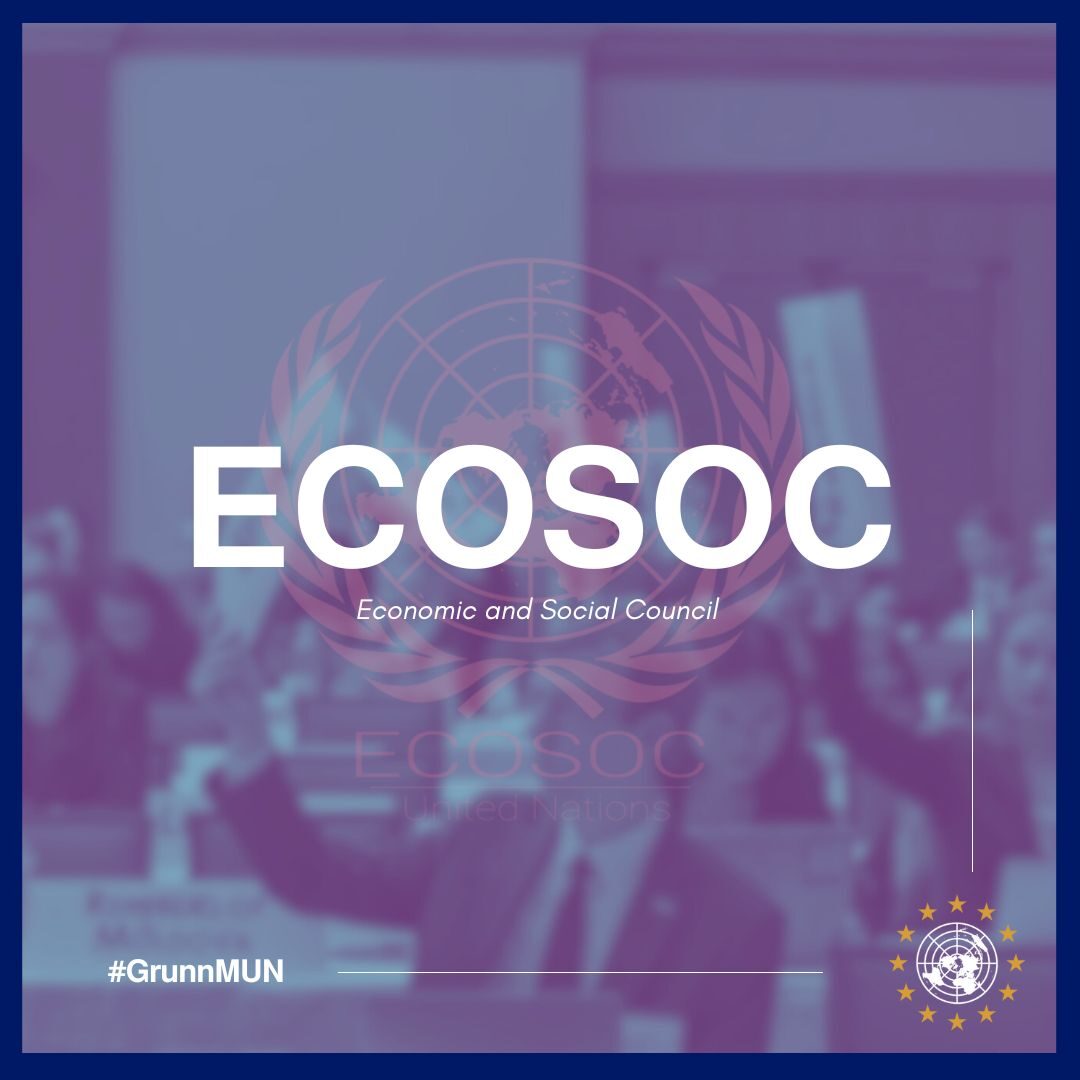GrunnMUN 2025 has a range of councils, ranging from beginner to advanced levels. Scroll lower to discover our councils and their respective topics!
SC
Security Council
The United Nations Security Council (Advanced Level) is the most powerful body within the UN, responsible for maintaining global peace and security. It holds the unique authority to impose sanctions, authorize military interventions, and mandate peacekeeping operations. Unlike other UN organs, the SC’s decisions are legally binding, obligating all member states to comply with its resolutions. The Council’s key functions include preventing disputes from escalating into conflicts, mediating peace agreements, and deploying peace missions or special envoys to manage crises. The SC can also impose sanctions, such as arms embargoes, travel bans, or asset freezes, on nations or entities that pose a threat to international stability. Additionally, it can authorize collective military action to restore peace, often by mandating UN peacekeeping forces or coalition operations. The SC plays a central role in addressing the most critical international crises, including issues related to terrorism, civil wars, nuclear non-proliferation, and large-scale human rights violations. Through its power to pass binding resolutions, it has a pivotal influence on global geopolitics and conflict resolution.

Chairs for SC
Coming soon

UNEP
The United Nations Environment Programme (Beginner Level) is the leading global environmental authority within the United Nations system, tasked with promoting sustainable development and addressing environmental issues on a global scale. UNEP plays a key role in developing international environmental policies, providing scientific assessments, and coordinating efforts to tackle challenges like climate change, biodiversity loss, and pollution. It works with governments, private sectors, and civil society to drive environmental conservation, support sustainable practices, and foster the green economy. UNEP’s main functions include creating environmental awareness, setting global environmental standards, facilitating international treaties, and providing technical assistance to countries in need. Additionally, it plays a crucial role in monitoring environmental changes, offering policy advice, and supporting countries in achieving their environmental commitments under international agreements such as the Paris Agreement on climate change. UNEP is central to addressing critical global environmental issues and ensuring the integration of environmental sustainability into global development efforts. Through its initiatives, it helps shape the international agenda on environmental protection and sustainable resource management.
Chairs for UNEP
ECOSOC
The United Nations Economic and Social Council ( Beginner/Intermediate level) is one of the six principal organs of the UN, responsible for promoting international cooperation on economic, social, and development issues. It serves as a central platform for discussing and coordinating efforts to achieve sustainable development goals (SDGs), addressing poverty, education, health, gender equality, and environmental sustainability. ECOSOC facilitates dialogue between governments, civil society, and other stakeholders to develop and implement global policies aimed at fostering economic growth, social progress, and environmental sustainability.
ECOSOC oversees the work of specialized agencies, programs, and funds within the UN system, such as the World Health Organization (WHO), United Nations Children’s Fund (UNICEF), and the United Nations Development Programme (UNDP). Its key functions include formulating policy recommendations, conducting studies on pressing global issues, and organizing international conferences on development. ECOSOC also plays a pivotal role in promoting human rights and coordinating humanitarian efforts in times of crisis.

Chairs for ECOSOC
Coming Soon

NATO
The North Atlantic Treaty Organization (Intermediate) is a political and military alliance founded in 1949 to ensure the collective defense and security of its member states. NATO’s primary mission is to safeguard the freedom and security of its members through political and military means, based on the principle of collective defense under Article 5 of its founding treaty, which states that an attack against one member is considered an attack against all. This principle has only been invoked once, in response to the 9/11 attacks.
NATO plays a critical role in crisis management, conflict prevention, and cooperative security. It conducts military operations and peacekeeping missions in areas of conflict, including the Balkans, Afghanistan, and more recently, in efforts to deter threats along its eastern borders. Beyond its military functions, NATO also engages in political dialogue and partnerships with non-member countries, promoting democratic values and fostering cooperation on global security issues such as cyber threats, terrorism, and emerging technologies.
WHO
The World Health Organization (Beginner/Intermediate) is a specialized agency of the United Nations responsible for international public health. Established in 1948, its primary goal is to ensure that all people attain the highest possible level of health. WHO leads global efforts to combat diseases, promotes health standards, and provides guidance on healthcare practices. It plays a key role in responding to health emergencies, coordinating international efforts to prevent and control outbreaks such as COVID-19, Ebola, and other epidemics.
WHO also works with governments, researchers, and healthcare professionals to develop health policies, improve access to healthcare services, and address global health challenges such as non-communicable diseases, maternal and child health, and mental health. It sets international health standards, conducts research, and provides technical support to countries, particularly those with limited healthcare resources. Through its work, WHO contributes to the achievement of global health objectives, including the United Nations’ Sustainable Development Goals (SDGs), with a focus on universal health coverage and improving health outcomes worldwide.
